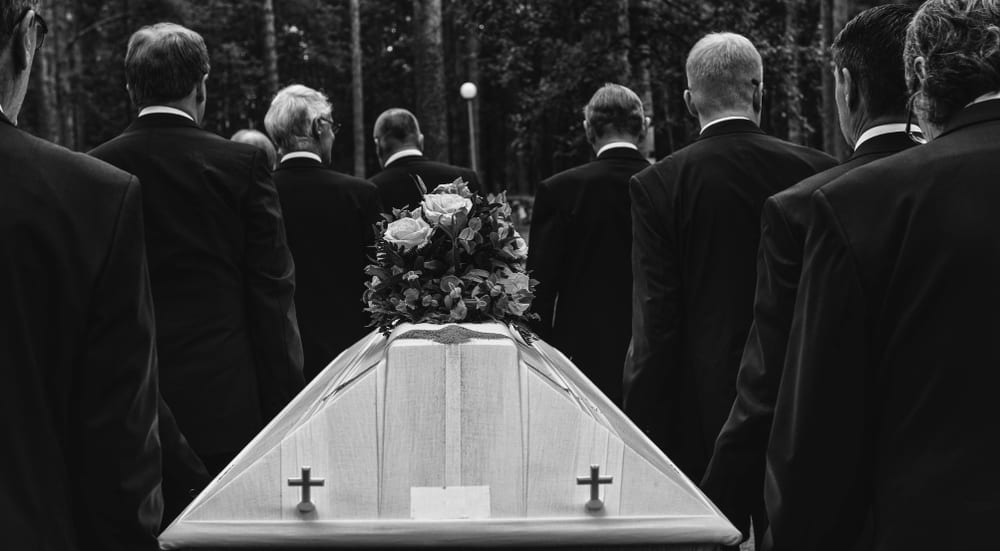How Does Body Donation Work?
Body donation is different from organ donation, as the whole body is used rather than selected parts. Donating your body to an institution such as a university is a generous way of advancing research in medicine and science while helping to educate the next generation of health professionals. Various health laws in each state and territory of Australia govern the process and several steps must be followed before a body donation can occur.
Find a Programme
Unlike organ donation, there is no single register used for whole body donations. Instead you must seek out a programme and directly contact them. The number of programmes that administers body donations varies from state to state but are typically universities. In Western Australia, for example, the state health department has licenced the School of Human Sciences at the University of Western Australia to accept whole body donations from the Western Australian community.
Applying and Waiting for a Response
Once you find a programme, you need to contact the university and complete the necessary forms. It’s essential that you carefully read all the terms and conditions of the programme, so you are aware of what’s involved. You should also discuss the details with your family, as they will be the ones in contact with the university when you pass away.
The university will get back to you with a response based off your application. If you are accepted, you should let your family and friends know what is involved in the process once you die so they know what to do. Depending on your situation, it may also be a good idea to advise your doctor and mention your body donation in your will.
Who Can Donate a Body?
Each university has its own guidelines on which bodies can and cannot be accepted for donation. A decision is unable to be made until a donor has passed away as the cause of death determines whether a donor is suitable for the program. A medical history of the donor is also obtained from the doctor involved at the time of death or the donor’s local doctor.
The university may not accept a body for a variety of reasons, such as if you:
- Are obese
- Had surgery recently
- Died outside the catchment area
- Have been deceased for more than five days
- Had a post-mortem examination carried out
- Had organs removed for donation (except for corneal donation)
- Are infected with a contagious disease such as AIDS, Ebola or Hepatitis
- Are afflicted with poorly understood conditions such as Alzheimer’s
- Are afflicted with other medical conditions (e.g. severe vascular disease)
- Have been assessed to be unsuitable for embalming
- Have significant alterations to your body due to medical conditions or procedures.
If accepted, the university can take care of the transfer of body, notify, and register the death with the relevant government authorities.
What Happens to Your Body Once It’s Donated?
Your body will be embalmed, and the blood will be replaced with a special fluid that helps to preserve and disinfect the body. How the body is used depends on the needs of the university. The most common use will be by students learning about human anatomy. Certain tissues may be preserved for later study or research.
What About the Funeral Ceremony?
The body needs to be transported to the university as soon as possible. Each university has a time limit (usually 24 hours) for arrival and may reject the body if it arrives too late. You can hold a funeral ceremony either immediately after death or without your body present. You’ll have to consider whether this will have a negative impact on your loved ones and discuss it with them.
Funeral Directors in Western Australia
For more information or advice about body donations or to make funeral arrangements in Western Australia please contact the team at Hetherington Funerals on (08) 9459 2846, submit an enquiry on our contact page or look at our funeral services here.

